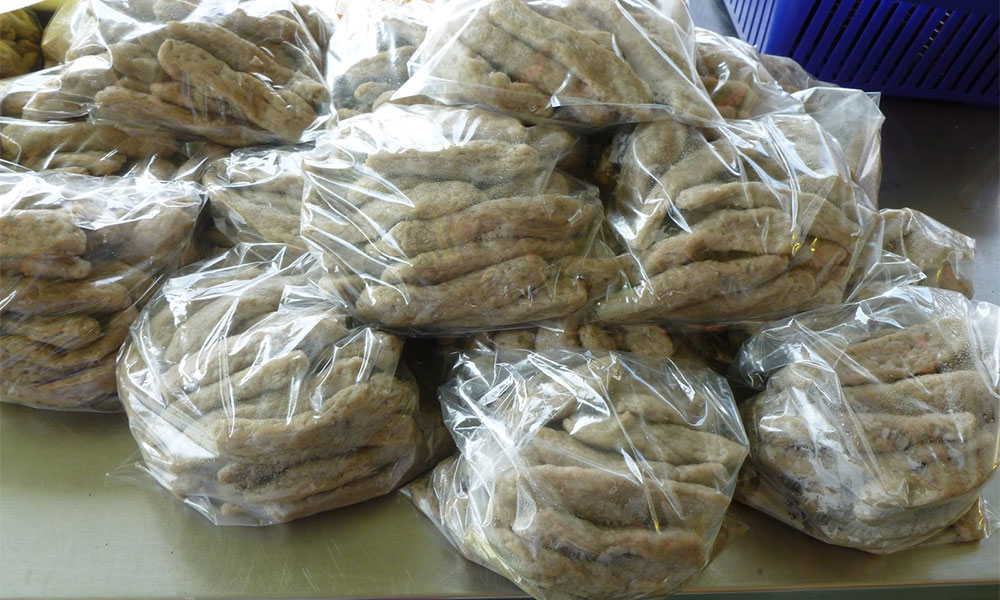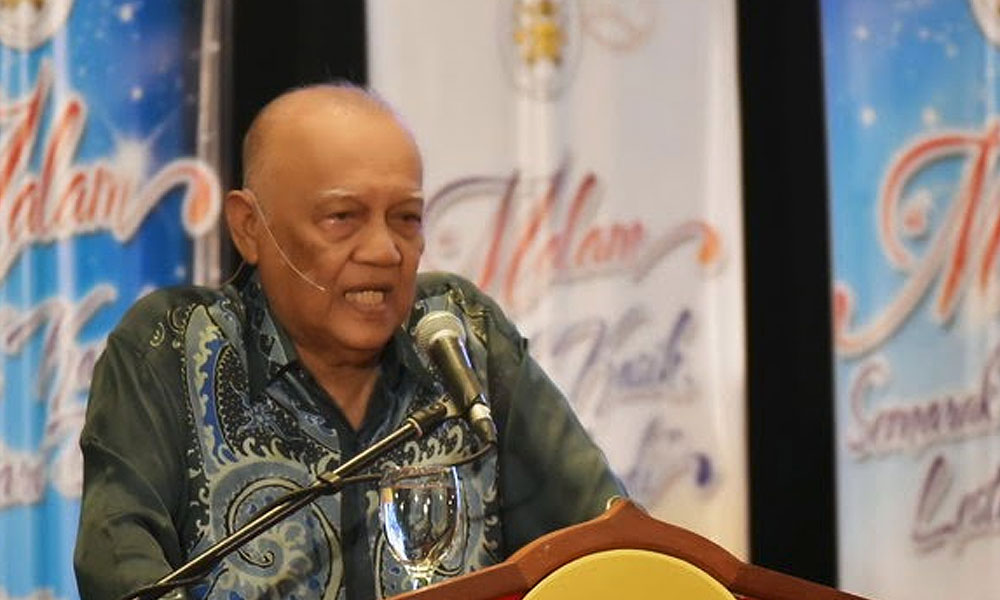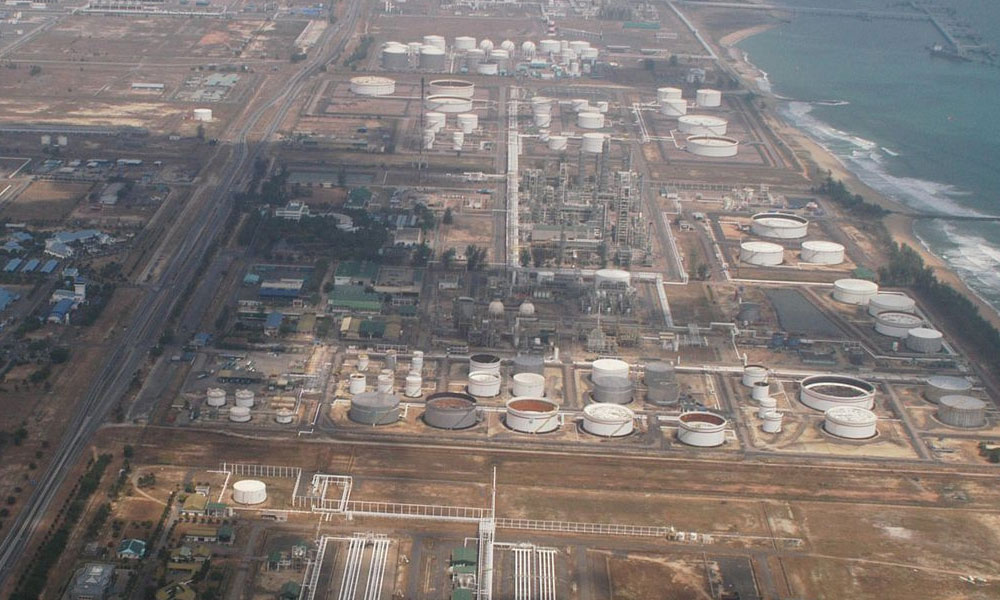COMMENT | From the landscape perspective, Terengganu is a fine country.
This laidback state, with a population that is 95 percent Malay, has somehow taken for granted the beauty that it owns: a 200km stretch of fine golden sand beaches, together with some of the most beautiful islands in the South China Sea.
An almost perfect, indolent place to be when you are on holiday, no doubt, with a big dose of laziness during the hot summer months.
Somehow, this sluggish state of affairs has permeated their politics too, especially when it comes to political expediency. Why do Terengganu voters seem to have this averse attitude?
Terengganu has been and still is a poor state, clearly depicted by its typical seaside landscape of traditional wooden houses and huts scattered all over the coastal villages.

Fishing (and its famous by-product, kerepok lekor) has been the pessimistic hallmark of the state that never prospered, yet traditional fishing continues to provide for the people’s livelihoods. Current economic indicators, upon reflection, tell the sad state of affairs endured by the population.
Terengganu is not only considered poor by international economic standards, but is actually classified as under the poverty line even by Malaysia’s own barometer.
Based on a combination of data samples and a partial projection of historical data, the state’s average monthly household income of approximately RM2,500 is way below the national average of RM5,288 in 2016. This illustrates that more than half of the state’s population is living below Malaysia’s own urban poverty line of RM3,000 per month household income.
But being poor is not a good excuse not to work hard, or not to be involved in politics and not to make a right political choice, especially in such an important event as the 14th general election.
Similarly, those in Felda schemes in Terengganu now have very good and valid reasons to be more concerned and possibly more active than ever in this forthcoming general election.
After all, problems resulting from Felda Global Ventures Holdings Bhd failures, abuse of Felda funds and Felda land scandals have now become national mainstream issues as big as 1MDB or GST.
Felda schemes in Terengganu are located away from the coastal towns, often in very remote and rural areas and difficult to access. Almost all schemes started without water, electricity and basic amenities, including schools and medical facilities.
Failed leadership
Politically, the state has been known to have a history of weak leadership.
A weak state government can be traced back to the era of Umno’s Wan Mokhtar Wan Ahmad from 1974 to 1999. This was supposed to be the golden years of the state, when oil and gas were first discovered and plans were sketched on how to develop these resources, both for upstream and downstream activities.
But the Terengganu state government then did not have any clue about how to formulate a development plan that was centred on oil and gas industries. It lacked the necessary knowledge to educate, train and inject the skills to the people and encourage them to participate in this new sector.
That is why Wan Mokhtar, as the state’s menteri besar, has often been blamed for the lack of development, very little economic activities and an absence of employment opportunities for the local people.

Wan Mokhtar (photo) was also a poor administrator. Instead of pushing ahead with a solid development agenda for the state, or engaging technical experts to advise him, he wavered and staggered and got sidetracked into PAS politics.
He played into PAS’ set of political beliefs and let Abdul Hadi Awang’s shadow loom over his administration and the state civil servants by trying to match every religious agenda set by Hadi.
But Hadi’s fanatical approach and religious rhetoric were more effective, especially among the many rural folks in the state, than Wan Mokhtar’s brand of religion.
The religious gap widened and differences increased, as did the number of PAS supporters.
Eventually, Wan Mokhtar completely lost his grip on Terengganu’s politics and the state paid a high price by foregoing modern development.
Many of Petronas’ downstream projects and the accompanying infrastructure opportunities were lost in a changing market environment.
The final straw came in 1999, when Wan Mokhtar lost 28 of the 32 state seats to PAS in the 10th general election. BN only managed to secure four seats and even Wan Mokhtar himself lost what used to be his safe seat of Chukai in Kemaman.
That is a sample of leadership in Terengganu’s politics and development schemes, if any, which were sketched by the state Umno’s machinery during those hungry years.
One local pundit has sarcastically said that what is now left from the discovery of oil in Terengganu is sketchy oil paintings of Terengganu villages on canvas.
The lacking of quality leadership continued after the 1999 general election, when PAS took over the state for one term. By then, Terengganu appeared to operate in a vacuum. No sign of leadership seemed to have emerged from the state.
Today, as then, there is nobody from Terengganu who is bold or inspiring enough, who can speak with some intellect or possesses economic credentials that could give credence to the state leadership, especially now on the issues concerning 1MDB, GST, Felda or oil and gas royalty.
It is no wonder that Terengganu failed to get noticed at the federal level and effectively negotiate for a better allocation of development funds; failed to obtain oil and gas royalties; failed to bring in foreign direct investment; failed to attract oil and gas related industries and new job opportunities, and waited for more than 10 years or two general elections for an expressway extension from Kuantan to Kuala Terengganu to be built.
Precursor to 1MDB
Despite the riches found in the form of oil and gas in offshore Terengganu, which was first found in the mid-70s and is all controlled by Petronas, a central agency under the federal government, Terengganu obtained very little revenue from the industry.

With very little income, the level of education naturally suffered. Avenues for locals to be trained in skilled jobs were not provided until recently, when the oil and gas sector was already diminishing in importance.
To make it worse, when Terengganu was ruled by PAS for one term between 1999 and 2004, the five percent oil and gas royalty to the state was withdrawn by the federal government.
And despite the continuous, strong religious agenda set by the state government and a ban on alcohol consumption, youths in Terengganu continue to suffer from drug addiction, considered the number one enemy in the state for many decades.
The seriousness of drug-taking among youngsters is often denied by the government of the day, who have grossly overlooked this issue and neglected to provide any remedy to this pertinent youth problem, save for some religious rhetoric and a spiritual approach, which hardly work for drug abusers.
The withdrawal of oil and gas royalties was not rectified even after Umno/BN wrested back the state in 2004.
Some other forms of aid were given to Terengganu, the funniest ones being in the form of Monsoon Cup sponsorship and expenditure under Abdullah Ahmad Badawi’s premiership, an event which did not benefit the people at all.
Many similarly silly ideas were mooted, which eventually led to the formation of the Terengganu Investment Authority (TIA) in 2008 after Umno/BN won the state again in the 12th general election.
TIA was a corporate body set up with objectives similar to a sovereign wealth fund, flimsily structured after the Abu Dhabi model and supposedly meant to receive the five percent oil and gas royalty.
Instead, the body was transformed by the federal government when Najib became prime minister in 2009, had its name changed and became a precursor to 1MDB manoeuvres and the activities that followed. The rest, as the cliché goes, is history, including the scandalous “RM2.6 billion” donation.
NEXT
Time running out for PAS in Terengganu
ROSLI KHAN has been a practising transport and logistics professional, academic, consultant and company director for over 30 years.
The views expressed here are those of the author/contributor and do not necessarily represent the views of Malaysiakini.

